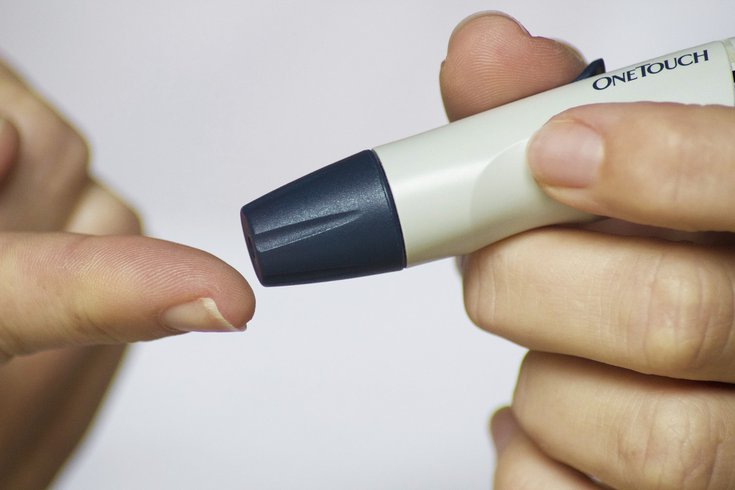
March 24, 2022
 Tesa Photography/Pixabay
Tesa Photography/Pixabay
People who recover from COVID-19 are 40% more likely to develop diabetes than the general population, a new study finds.
A COVID-19 infection heightens a person's risk of developing diabetes over the next year, a new study suggests.
People who recovered from COVID were 40% more likely to develop a new case of diabetes compared to a control group, researchers from the VA Saint Louis Health Care System found.
"COVID-19 isn't only about the acute effects," researcher Dr. Ziyad Al-Aly, told ABC News. "This is going to leave a lot of people with long-term health consequences that they'll have to deal with for a lifetime and that's jarring. It's unsettling to accept."
The increased risk means about 1 in 100 people who have had COVID-19 will develop diabetes – a condition they otherwise would have avoided, the researchers estimated. That could result in a surge of new diabetes cases.
But it isn't just people with risk factors for diabetes, like obesity, who have a higher risk of developing diabetes after a COVID-19 infection. The heightened risk was observed across all racial groups, genders and age demographics – and even in people with no risk factors for diabetes.
"When you look at the data on a national scale, it's clearly happening even in people who have no risk factors or very little risk factors," Al-Aly told the Wall Street Journal.
The researchers analyzed patient data from the U.S. Department of Veterans Affairs from March 1, 2020 to Sept. 30, 2021. They compared more than 181,000 patients who tested positive for COVID-19 to 4.1 million patients who were not infected during the same time period. They also compared the data to another 4.28 million patients who were treated at the vA in 2018 and 2019.
More than 99% of the study participants who were diagnosed with diabetes after a COVID-19 infection developed type 2 diabetes. This type occurs when cells become resistant to insulin, causing the pancreas to make more insulin and leading to high blood sugar levels.
In type 1 diabetes, the pancreas makes very little insulin or none at all. This type is usually diagnosed in children and teens.
This latest data adds to the growing evidence that suggests diabetes could be a potential long-term side effect of a COVID-19, along with heart problems and kidney problems.
"Taken together, current evidence suggests that diabetes is a facet of the multifacted long COVID syndrome that post-acute care strategies of people with COVID-19 should include identification and management of diabetes," the researchers wrote.
In a study published last week, researchers in Germany found a 28% increased risk of type 2 diabetes among people who previously had COVID-19.
Another study, released in January by the U.S. Centers for Disease Control and Prevention, found that children were more likely to be diagnosed with diabetes within 30 days of a COVID-19 infection.
Research published last June found that 14.4% of hospitalized COVID-19 patients developed diabetes, though a distinction between type 1 and type 2 was not made.
It is not clear how COVID-19 increases a person's risk for diabetes, but scientists have a few theories. The inflammation triggered by the coronavirus may impair insulin secretion and sensitivity. Or perhaps COVID-19 alters the microbiome in some way.
Some lab research also has suggested that infected beta cells replicate and create excess insulin.
Warning signs for diabetes include frequent urination, increased thirst with blurry vision, inability to gain weight lost during illness, slow wound healing and fatigue.